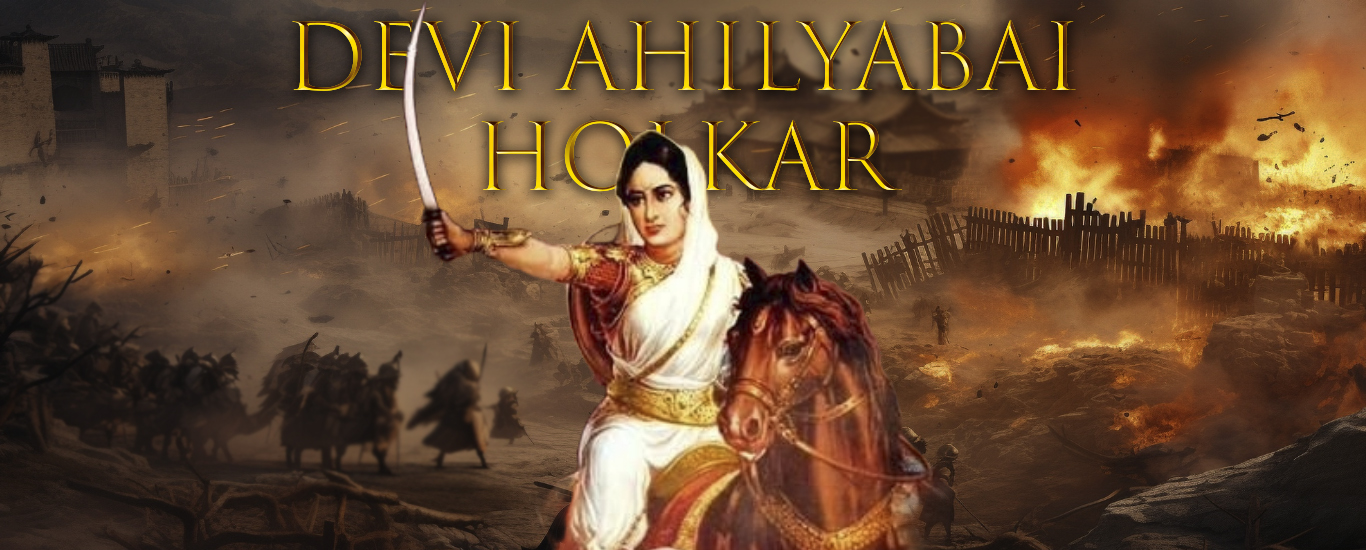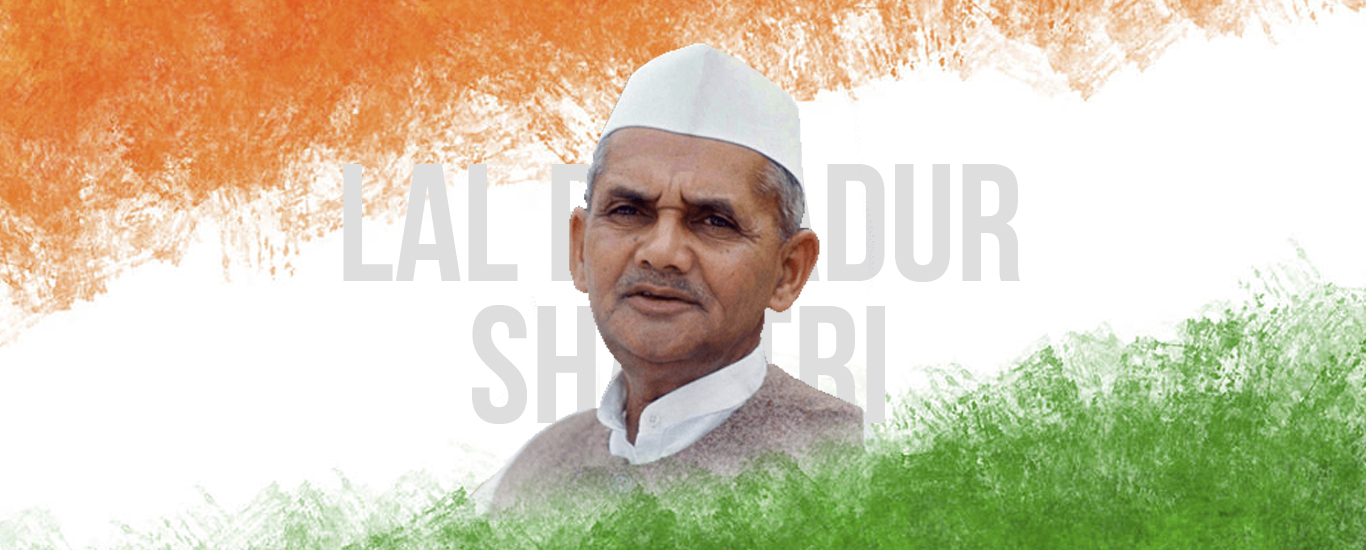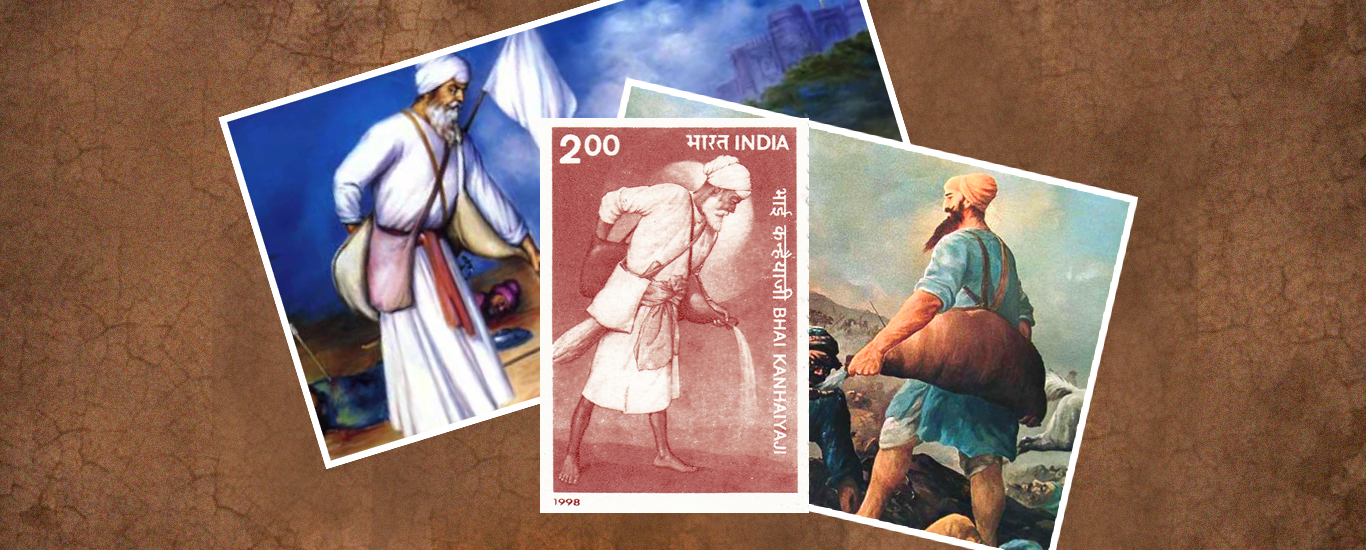Birsa Munda -The tribal hero of India
A person who fought against the British for freedom for his people against all odds. Can be defined with many titles a freedom fighter, a brave hero, a religious leader, Birsa Munda, a great hero of the 19th century. His extraordinary efforts in fighting against British Colonialism and native landlordism can never be forgotten.
Early Life Of Birsa Munda
He was named after the day of his birth according to the then popular Munda custom. The folk songs reflect widespread confusion and cite both Ulihatu and Chalkad as his birth-place. Ulihatu was the birth-place of Birsa‘s father Sugana Munda.
Sugana Munda, Birsa’s father, Karmi Hatu, mother, and brother, Pasna Munda, relocated from Ulihatu and moved to Kurumbda near Birbanki seeking employment as crop-sharers or labourers (sajhedar) or ryots. His elder brother, Komta, and his sister, Daskir, were born at Kurmbda. The family shifted from there to Bamba where Birsa’s elder sister Champa was born followed by himself.
Birsa was born on November 15, 1875. He spent much of his childhood with his parents moving from one village to another. A person who was from the tribe of Munda in the Chota Nagpur Plateau area. Under the guidance of his teacher Jaipal Nag, Birsa has done his early education at Salga.
His family left Bamba soon after Birsa’s birth. An argument between the Mundas and their riots took place in which his father was engaged as a witness was the main reason for moving to Sugana’s mother’s village Chalkad, where by Bir Singh they were acknowledged refuge, the Munda of the village. The birth ceremony of Birsa took place at Chalkpad.
Conversion To Christianity
Due to the suggestion of Jaipal Nag, Birsa turned into a Christian so as to join the German Mission School. After a few years He, however, chose to walk out of the school.
The influence of Christianity was felt in the way he came to relate to religion later. Being quite conscious about the British colonial ruler and the efforts of the missionaries to convert tribes to Christianity, the faith of ‘Birsait’ was begun by Birsa. Members of the communities of Oraon and Munda soon came to join the Birsait sect which turned into a threat to British conversion activities.
1886 to 1890 was a period in his life where Birsa Munda spent most of his time in Chaibasa that was near to the centre of the Sardars agitation. The actions of the Sardars had a powerful mark on the mind of the Birsa. He then soon got involved in anti-missionary and anti-government programs. In 1890 he left Chaibasa. Birsa was powerfully embedded in the movement against British brutality towards the tribal communities. Birsa declares himself to be a messenger of God and the creator of a new religion sounded ridiculous to the mission.
Movements Of Birsa Munda
The tribal agrarian system was changed into a feudal state by the British colonial system. With their primitive technology the tribal were not able to produce a surplus. The chiefs in Chotanagpur invited non-tribal peasantry to settle on and cultivate the land. This created the separation of the lands held by the tribals. Thikadars, the new class were of a more insatiable kind and greedy to make most of their possessions.
The number of the Jagirdars stood at about 600 in 1856, and they held from a village to 150 villages. The authority of the old Munda or Oraon chiefs by 1874 had been about fully effaced by that of the farmers, brought by the senior landlord. While in several villages the aborigines had fully lost their proprietary rights, and had been brought down to the position of farm laborers.
For both the issues of agrarian breakdown and culture change, Birsa along with the Munda retorted through a series of riots and outbreaks in his leadership. The movement aimed to declare rights of the Mundas as the real proprietors of the soil, and the banishment of middlemen and the British.
Death Of Birsa Munda
On 3 February 1900, he was faithlessly caught and died in strange condition on 9 June 1900 in Ranchi Jail. He aroused the mind-set of the tribals, though he lived for a very short span of 25 years. He mobilized them in a small town of Chotanagpur and was a nightmare to the British rulers.
Birsa Munda’s Birth Anniversary
15 November is known to be his birth anniversary. Till date it is celebrated by tribal people in as far as Mysore and Kodagu districts in Karnataka. At his Samadhi Sthal, many official programs will be taking place, at Kokar Ranchi, the capital of Jharkhand. At the present day, there are a lot of bodies, organizations and structures named after him, mainly Birsa Institute of Technology Sindri, Birsa Munda Airport Ranchi, Birsa Munda Vanvasi Chattravas, Kanpur and Birsa Agricultural University. The Bihar Regiment’s war cry was Birsa Munda Ki Jai which means ‘Victory to Birsa Munda’.
A Hindi film was released based on the life of Birsa, Gandhi Se Pehle Gandhi which was helmed by Iqbal Durran based on his own novel by the same name in 2008. In 2004 “Ulgulan-Ek Kranti (The Revolution)” which was another Hindi film made by Ashok Saran, in which 500 Birsaits or followers of Birsa acted.
The government is all prepared to set the birth anniversary of well-known tribal leader Birsa Munda, who headed the rebellion against the British, on Monday as “Janjatiya Gaurav Divas” with Narendra Modi, the Prime Minister leading the ceremony. The PM will pay floral tributes at Birsa Munda’s statue at Parliament House. The PM will become the part of a major celebration at Bhopal to mark the occasion. It is expected that more than two lakh tribals are to join. It is also announced that he will be virtually launching the Birsa Munda Freedom Fighter Museum in Ranchi.
Different parts of the country will now have museums as the tribal affairs ministry has sanctioned 10 tribal freedom fighters’ museums. Besides highlighting the life story of Birsa Munda, will have a light and sound show for visitors and the museum in Ranchi also has statues of 13 tribal freedom fighters.



